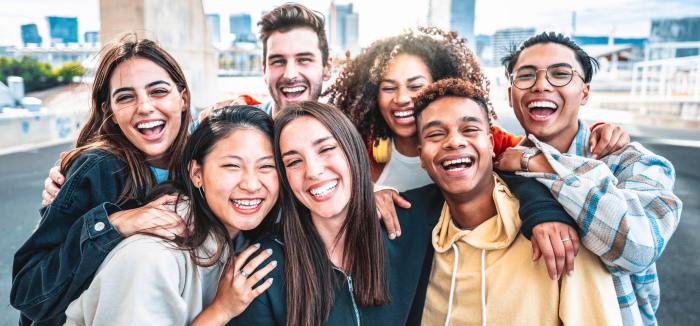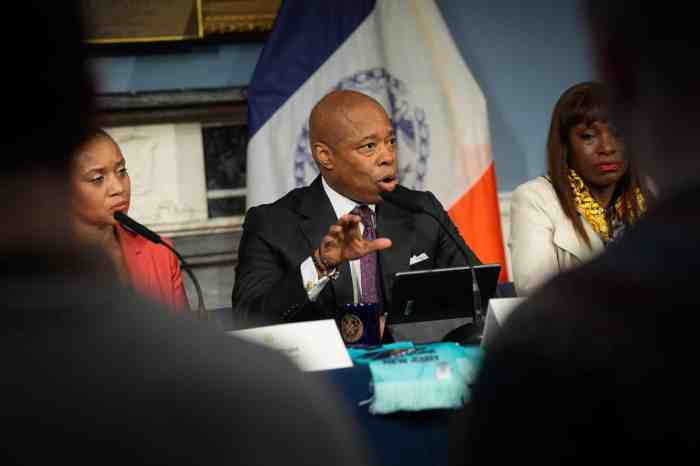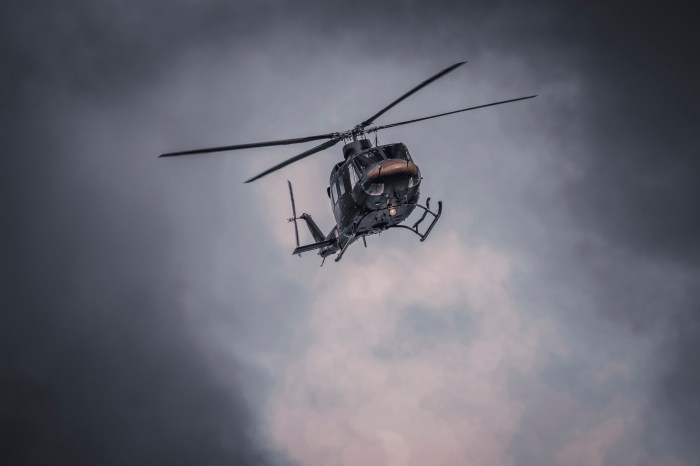Last October, the Lower Manhattan community lost a 19-year-old Asian-American who put his life on the line for his country. Tragically, U.S. Army Private Danny Chen, a native of Chinatown, didn’t die in combat; he took his own life after enduring months of abuse from his own peers.
In early April, Travis Carden, the first of eight soldiers accused of being involved in Chen’s death, will face a court-martial in Afghanistan on charges of violating lawful general regulation, maltreatment and assault.
We were appalled to learn after an Army-led investigation, that Chen’s fellow soldiers took part in and condoned what amounts to racial hazing. What Chen reportedly experienced is abhorrent. Moving forward, our military should more strictly enforce its code of conduct so that such harassment is averted in the future.
We agree with the Organization of Chinese American’s New York chapter (OCA-NY) in urging the military court to provide a closed-circuit video feed of the trials for Chen’s family. While we realize this isn’t standard procedure, Chen’s parents should not have to travel thousands of miles overseas and potentially relive the trauma of their son’s death in order to have access to these proceedings. The family has suffered enormously and witnessing justice, even from afar, might provide some solace and closure.
We understand that Carden’s trial is being held in Kandahar, Afghanistan because that is where Chen’s unit was deployed and continues to serve, and that the Army has yet to decide on a location for the other soldiers’ trials. Regardless of where the trials take place, we believe justice should be carried out in a swift manner in order to deter future heinous acts and, most importantly, to ensure that Private Chen did not die in vain.
The thin line of protection
Two times in the past nineteen years terrorists have attacked Lower Manhattan. We who live and work Downtown know in our gut that we are still a terrorist target.
Police Commissioner Ray Kelly has recently come under attack for NYPD surveillance of Muslim groups in New Jersey. While it is clear that all police work must comply with all laws that govern police behavior, it is also clear that protecting the public against terrorist attacks cannot be done in a reactive fashion, but must be done proactively.
And there’s the rub of course: how to protect the public through aggressive surveillance and policing while still protecting the rights of groups and individuals to privacy and free association. A thin line indeed sometimes separates the two. What Commissioner Kelly has been tasked with is nothing less than making a judgment call on which groups to monitor, and where, while utilizing a limited pool of resources.
It’s easy to second guess, but we believe that when protecting New York from another terrorist attack, erring on the side of being too proactive is the right response.
Commissioner Kelly has also made clear, to his credit, that New York City is not an island and that police work against terrorism must extend to surrounding counties and states. New Yorkers are safer when surrounding police departments also act as the eyes and ears.
According to Commissioner Kelly, New York City has been subject to 14 terrorist plots since 9/11. We are deeply fortunate to not have suffered another attack.
This record of safety and protection does not happen in a vacuum.

















